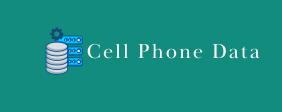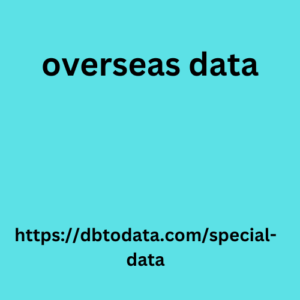Google Ads has come a long and difficult way to the platform we know and use well today. Anyone else remember the days when campaigns were run manually, relying more on gut feeling than concrete data?
With the increase in the number of users, there was a need to automate and improve the processes of managing advertising campaigns. In response, Google Ads integrated machine learning algorithms capable of analyzing vast amounts of data — from user behavior to their demographics and interaction history. Such analysis helps to make informed decisions about the management of advertising campaigns.
Today, AI is central to Google Ads, and advertisers have to constantly monitor new features. Next, we will consider familiar and new.
AI tools that should be considered in your work.
Artificial intelligence in Google Ads: features that deserve the attention of advertisers
Dmytro Zagorulko , RRS Team Lead Webpromo , distinguishes two types of use of AI in marketing: functions built into the overseas data advertising system and external tools.
The first type includes automated optimization of ad campaigns and bid management based on extensive user data available only to Google. The effectiveness of such tools often exceeds the results achieved through micro-management we begin by conducting a detailed analysis and daily bid adjustments, allowing specialists to fully rely on AI.
As for external resources, there are certain limitations. Tools such as ChatGPT or Gemini do not always take into account important c phone number conditions, such as the number of characters in advertisements. Dmytro believes that this may be due to the fact that these resources first generate the text in English, and then translate it into Ukrainian.
Search campaigns driven by AI
In search campaigns, ads are displayed to users based on their queries. With intelligent bidding, responsive search ads and keyword match types, advertisers have the ability to reach a wider audience and achieve the desired ROI:
Intelligent bidding.
AI automatically adjusts bids based on real-time digital signals, demographics and user requests, allowing for maximum results without manual control.
Keyword match types. For example, the broad match type allows you to expand your reach by matching queries that are contextually relevant to your keywords. This helps increase the number of clicks, but carries the risk of receiving irrelevant traffic.
Responsive Search Ads (RSA). Algorithms combine different variations of creatives, headlines and descriptions to create the most relevant ad for each user.
Want to become a PPC specialist?
Is your ad campaign not working or are you spending too much? After completing the RRS specialist course , you will be able to optimize your advertising budget. You will be taught how to correctly select keywords and create the semantic core of the site. You will be able to determine the goals and structure of the advertising campaign. By analyzing performance, you will be able to optimize advertising budgets. Suitable for those who want to work for outsourcing and business owners.
New AI features in Performance Max
Expanding reach, automating processes and increasing ROI are just some of the possibilities that Performance Max provides.
Gmail and Google Maps
Customer Value mode.
Customer retention goal.
Detailed demographics. The new audience analytics section provides data on the age and gender of users, which allows you to improve targeting and attract a more relevant audience.
Budget pacing insights. This feature helps monitor real-time ad spend and predict conversions, allowing advertisers to adjust their spending strategies.
Account-level IP address exclusions.

